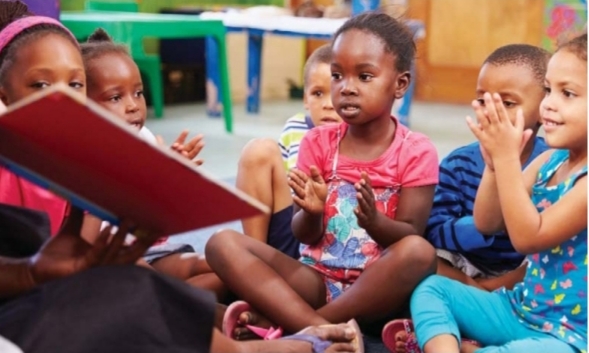
World over, learning sessions are divided into terms or semesters, and in between these are major and minor breaks (holidays) — deliberate pauses created by education experts to give learners and teachers time for rest, renewal, and rejuvenation. These breaks are not idle interruptions; they are essential part of the learning cycle, restoring the mind and spirit for the next stretch of academic work. School holidays were never meant to be business opportunities.
They were designed as breathing space — a time for rest, play, family bonding, skill-learning outside the classroom, and for teachers to recharge their strength. Yet, across Nigeria, this sacred pause has been hijacked. The “holiday lessons” or “summer lectures” now advertised in towns and villages are, in many cases, nothing more than a continuation of the school term — same timetable, same subjects, same pressure — only with extra fees attached. What should be a gift of rest has become another market day in the commerce of education. Ask the proprietors and they will say it’s to “prevent learning loss.”

Ask the teachers and they will whisper about low pay and the need to keep the salary tap running. Ask the parents and you will hear two stories — some use it as a way to keep children “occupied,” others groan under the burden of extra costs and long hours. The truth is that most of these summer programmes are not targeted or creative. They are profit cycles dressed up as pedagogy. Children lose more than they gain. Instead of breathing space, they are trapped in a near-yearround treadmill of lessons and assignments.
The mind, like a field, needs a fallow season to yield its best crop. Without that pause, anxiety, restlessness, and loss of interest creep in. Teachers too suffer. The holiday is their one window for recovery, reflection, and growth. Strip it away, and you strip away the freshness they bring into the next academic term. Studies abroad have shown that short, well-structured holiday programmes can help struggling learners. But that is not what is happening here. What we have is marathon tuition in disguise, with little creativity and no rest in sight. It is neither truly remedial nor enriching — it is simply more of the same.
The harm is twofold:
• To the child — robbed of rest, outdoor play, and home life, pushed into early academic fatigue.
• To the teacher — denied the rest that sustains effective teaching.
We must reclaim the holiday. State and federal authorities should set strict limits on how long any holiday programme can run and what it should look like. It must be short, purposeful, and creative — not a clone of the term’s work. Parents, clergy, and civil society should also speak up: holidays are for building memories, skills, and relationships, not just for chasing grades. In the end, learning is not a race to be run without breath. A rested child learns better. A rested teacher teaches better. And a society that honours the rhythm of work and rest will raise healthier, happier, and more intelligent children.
• Rev. Fr. (Dr.) Okhueleigbe Osemhantie Amos is a priest of the Catholic Diocese of Uromi and a Lecturer at the Catholic Institute of West Africa, Port Harcourt, Nigeria.





